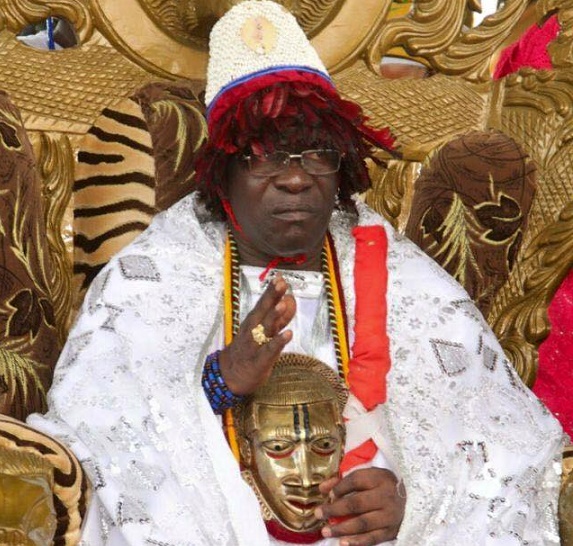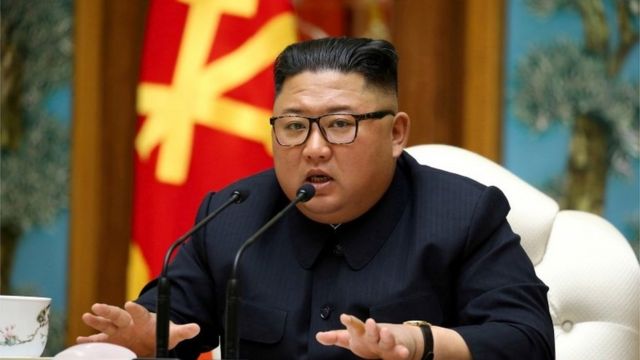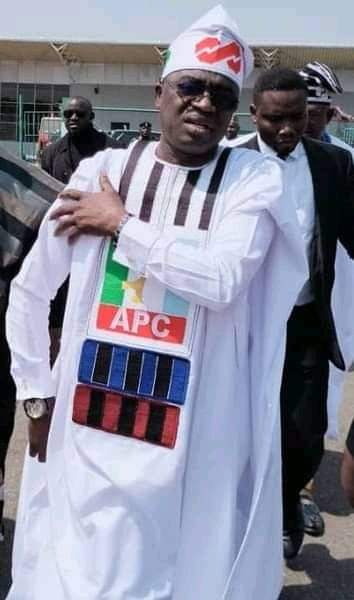‘How to tackle Nigeria’s common enemy’
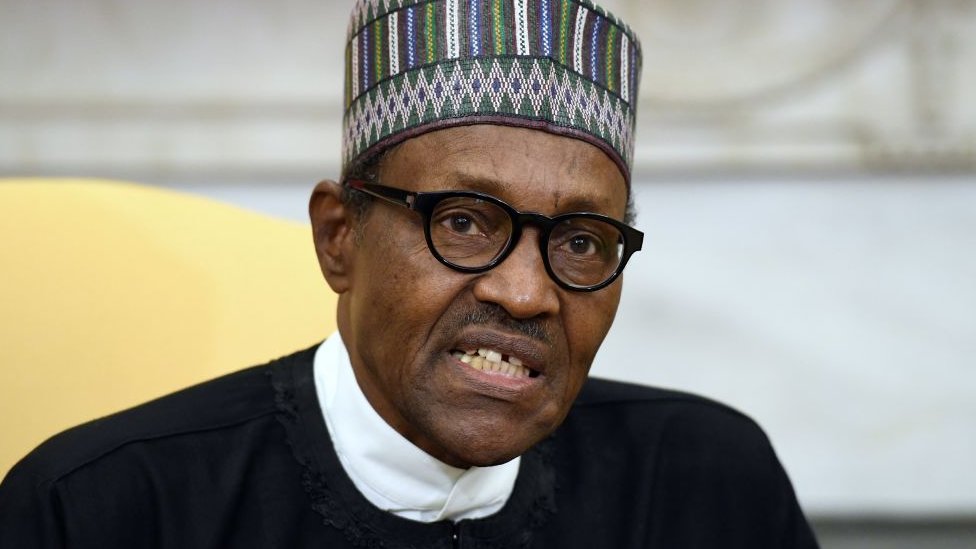
Research reports, government officials, regional leaders, and stakeholders produce pathways on how to deal with existential challenges facing Nigeria. The solutions were unveiled at ‘Citizens Summit for National Integration, Peace and Security,’ hosted by the Nigerian Institute of Public Relations (NIPR) on Tuesday, August 23 and Wednesday, August 24, 2022 at International Conference Centre, Abuja
By Daniel Adaji
Insecurity, lack of national cohesion, frustration, and trust deficit in Nigeria are serious concerns as the country prepares for the 2023 elections. The mix of these negative tendencies gives the impression that the country faces a bleak future. In order to come up with solutions to these problems, stakeholders, among them government officials and regional leaders and nationalists converge on the International Conference Centre, Abuja, on August 23 and 24, 2022, to deliberate on the pressing challenges and proffer solutions to them.
Insecurity, lack of national cohesion, frustration, and trust deficit in Nigeria are serious concerns
Sponsored by several institutions, but hosted by the the Nigerian Institute for Public Relations (NIPR), the event called “Citizens Summit for National Integration, Peace and Security” had as its theme “Reopen Conversation, Rebuild Trust.” It had as special guest of honour, President Muhammadu Buhari, represented by the Minister of Information and Culture, Alhaji Lai Mohammed. An array of ministers, top executives in government parastatal, leaders of institutions, leaders of citizens group, civil society’s organisations and members of the public, in attendance.
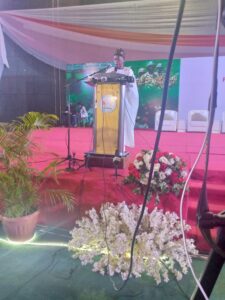
Alhaji Lai Mohammed
SUMMIT BASED ON RESEARCH FINDINGS
The president and chairman of council of the NIPR, Malam Mukhtar Zubairu Sirajo, in his opening speech, said “The summit is a product of research conducted by the governing council of the institute to identify factors responsible for the current, sad and unfortunate development in the country. The outcome of the research revealed a widening trust deficit at three levels, between government and citizens, between and among the various ethnic and social cultural groups, and generally among the citizens. The research also revealed the collapse of core national values..
He added that “Nigeria is faced with several challenges in the process of social evolution and democratic consolidation and a serious rapid loss of hope by many, especially the youths in the promise of our nationhood. Social distrust, exclusion and the challenges of insecurities in the different parts of the country are issues confronting the nation at this time”.
Social distrust, exclusion and the challenges of insecurities are issues confronting the nation
He said it has been the task of the institute to engage relevant stakeholders in trying to reverse these ugly trends. Furthermore, Malam Sirajo argued that there was the need to address the present situations in the country, hecne the institute deemed it fit to organize the summit to reopen conversation among citizen and ensure that the dialogue produces result that would foster peace, integration and maximum security in different parts of the nation.
He said, “The agenda of the summit are carefully designed to build national consensus, more national coalition, and facilitate the process that will ensure peaceful coexistence among citizens on a sustainable basis. The summit intends to rebuild trust and lay foundation for a new and prosperous Nigeria” he said.
NIGERIA MUST OVERCOME THE VESTIGES OF COLONIALISM
The chairman of the Summit Dr (Mrs) Dere Awosika, who is also Chairman, Access Bank plc, said the “Dialogue is the way to build our nation and the choice is ours. At the moment, Nigeria is in a state of political and economic imperialism, which was found in the age of colonization, but sadly still find relevance on this sovereign nation Nigeria”.
Nigeria is in a state of political and economic imperialism
Awosika decried the country’s in ability to fight the common enemy. “The enemies of political and economic imperialism still lurk around the nation. Sadly, rather than working together to eliminate this cancer, we have situation of coercion through conquest, via economic sanctions, trade wars, and inequity. The glue that binds the people together is national integration. The Nigeria handed over to us by the colonial masters had fundamental problems, but we can come out of them by fashioning out with concrete solutions to our problems.”
HOW MILITARY AND WRONG ECONOMIC POLICIES CAUSED CURRENT CHALLENGES
Chief Audu Ogbe, a former Minister of Agriculture, in his keynote address on where Nigeria missed it, and the need to rethink and return, said the coups and the eventual civil war in the country resulted in the instability of the nation, up till date. He lamented the spate of kidnapping and banditry in the country.
Coups and the eventual civil war in the country resulted in the instability of the nation, up till date
According to Chief Ogbe, the Structural Adjustment Programmes (SAP) of the International Monetary Fund (IMF), implemented under the military, placed Nigeria at a disadvantage. “This is a policy I have always hated and grumbled about. They told us it was the ultimate talisman to cure all our economic problems to assimilate growth, which turned out otherwise. They made a condition that whichever nation wanted to borrow from them had to accept the SAP. Since then, many of our industries are collapsing. It is now impossible to produce anything at home. We have become a nation of senseless importers of virtually everything. Your currency began to die from 75 kobo to a dollar, to now about N680 to a dollar. We can’t continue to devalue our currencies, just to make it possible for us to import”. He, therefore, proposed a currency law to save Nigeria from further economic collapse. According to Chief Ogbe, Nigeria should cut down on importation and ensure that the Naira is made compulsory for exchange before transaction is made in the country.
Nigeria should cut down on importation
Chief Ogbe lamented the constant fight against devolution of power by some governors because of greed. He said the presidential Executive Order 10 had always been resisted by the governors. “The states went to court and the Supreme Court shutdown the order. Political parties should hold conferences where holders of public offices elected on their platforms could be made to give account of their stewardship.” He charged government across all levels to strengthen the economy by enabling industries to thrive. “The only industry thriving today is politics”.
TIME TO REBUILD TRUST
Professor Ayan O. Ayan in a thematic address on “Reopen Conversation, Rebuild Trust” said “Nigeria is travelling on a rocky and bumpy road that needs an answer to the question of who we must go to?” He appealed to the government and public to work together at ensuring peaceful coexistence among the diverse ethnic and social-cultural groups in the nation.
We must take this fight to the terrorists and they must know that there is no hiding place for them
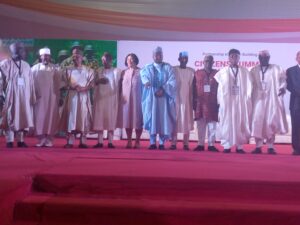
Some dignitaries at the event
The President, Gen. Muhammadu Buhari (rtd), who was represented by the Honourable Minister of Information and Culture Alhaji Lai Mohammed said the military has continued to neutralize the bandits and will not relent in their effort at ensuring a peace in the country. “We must take this fight to the terrorists and they must know that there is no hiding place for them within the borders of our country. They will be spoken to in the language they understand.” He lamented how fake and misinformation contribute to insecurity in the country. He appealed to citizens to desist from spreading fake news and misinformation as whoever is found culpable would be duly punished.
The Minister of the Federal Capital Territory, Malam Mohammed Musa Bello, in his speech, thanked the NIPR for choosing FCT as a venue for the summit and said “I believe strongly that the NIPR is in the best position to drive the course of ensuring Nigerian live peacefully as a nation”. He also promised his support to the institute.
NIGERIANS YEARN FOR SOCIAL INCLUSION, EQUITY AND FAIRNESS
The various zonal leaders of NIPR from the six geopolitical zones presented reports from the summit held in their zones. In their reports, they enumerated the challenges identified by the summits and the various recommendations. The reports from the various zones had it that for peace to rein in the country, there must be inclusion, fairness and equity as well as adequate empowerment of the security apparatus in the country. Several leaders of delegation gave their good will messages and appealed to the government and stakeholders to ensure the implementations of deliberation from the summit. The head of agencies of government pledged their support to NIPR to ensure the objective of the summit which is integration, peace and security is actualized.
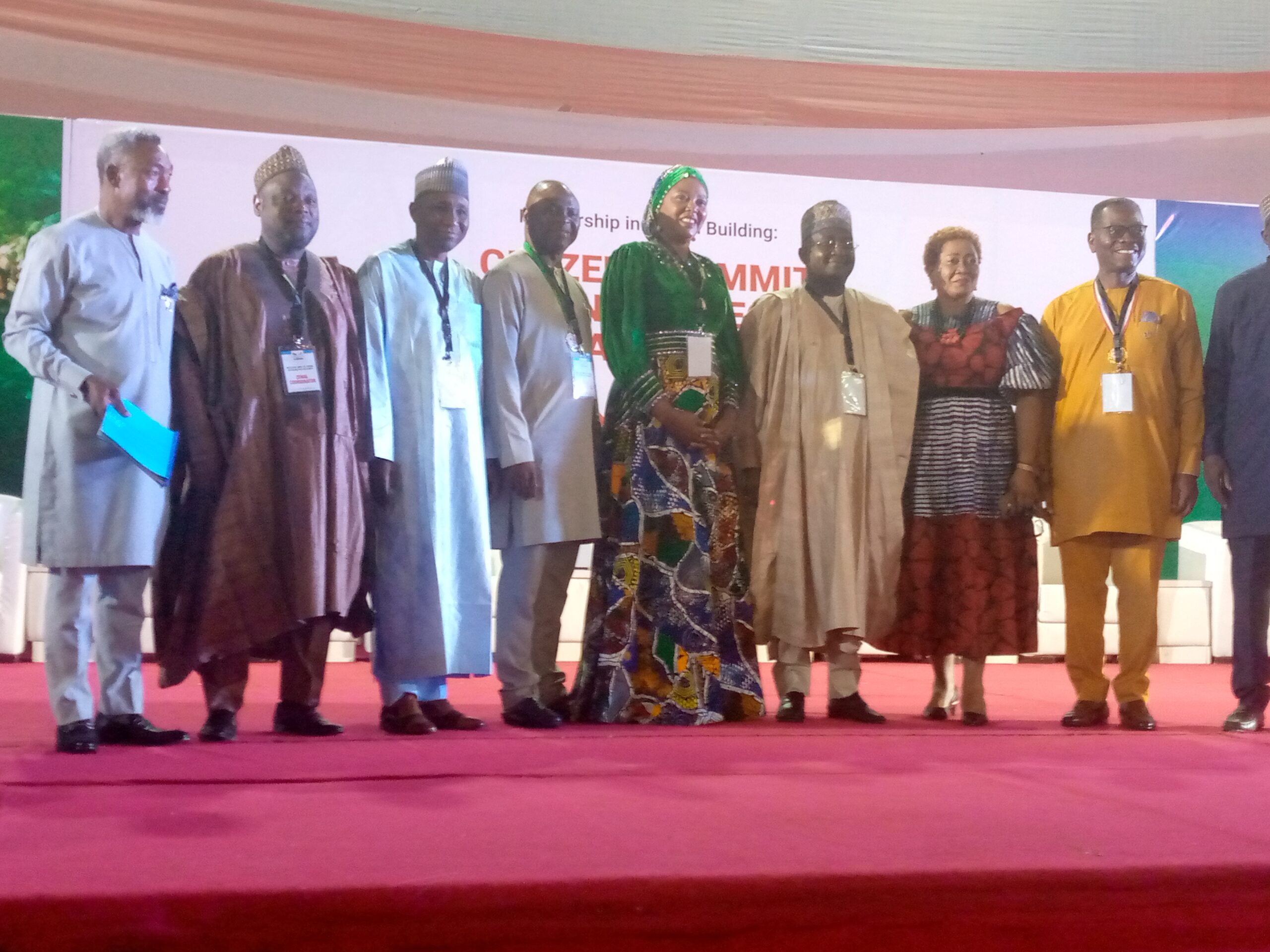
Representatives of the six geopolitical zones and president of NIPR at the event
The NIPR gave 10 justifications for the summit, among them are: “the seeming rapid loss of hope in our nationhood by the youth calls for a new approach, based on citizen-participation that is solution-driven.” The summit’s logo was unveiled by the President, represented by the Minister of Information and Culture Alhaji Lai Mohammed.
The Insight Report
Nigeria Coverage

